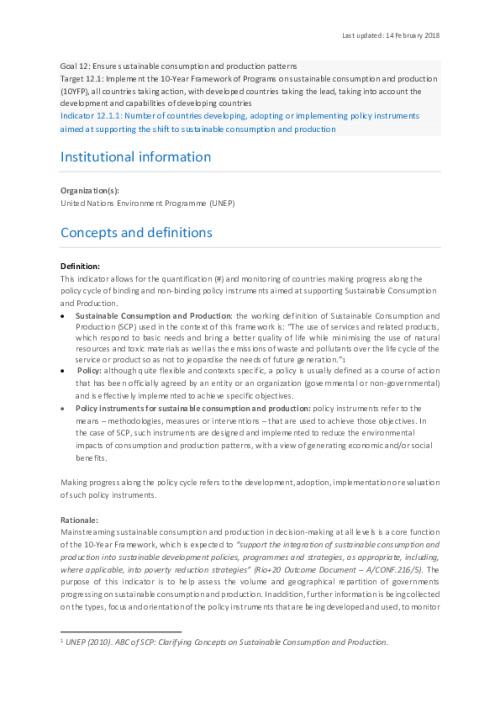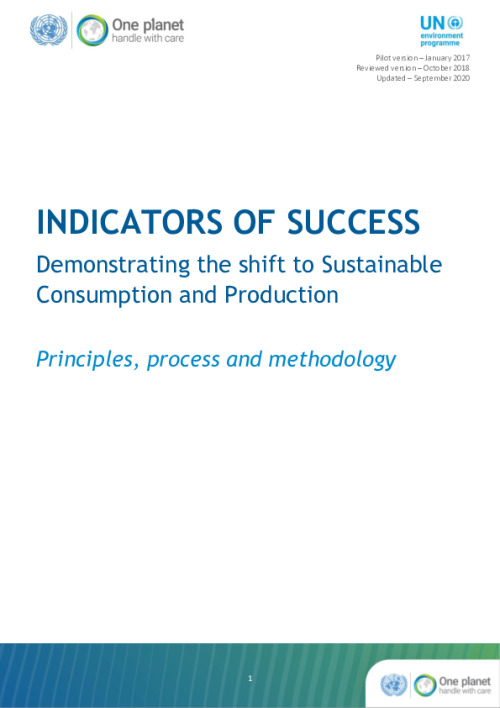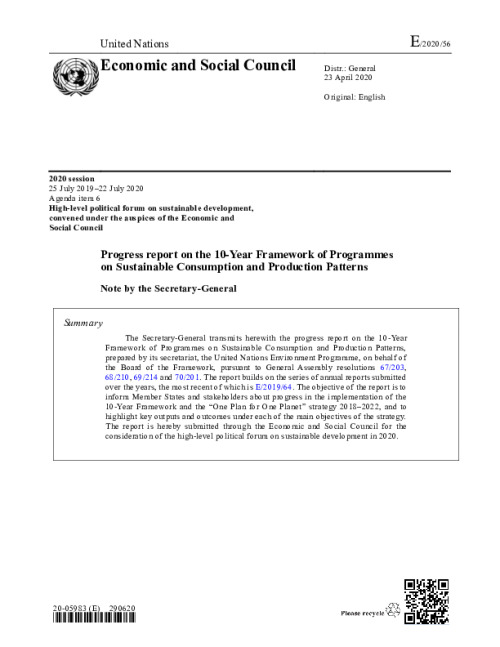
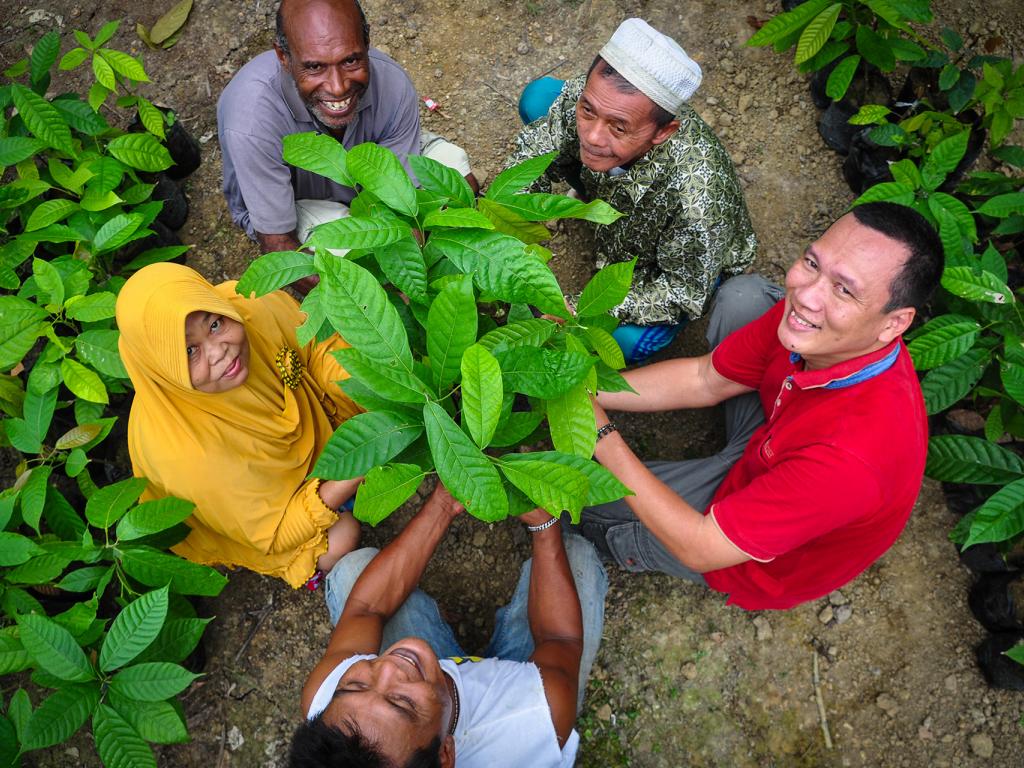
See progress On SDG 12 by Country
See progress by Country
In 2015, the 193 UN Member States worked together to develop and agree on the 2030 Agenda for Sustainable Development. To ensure the successful implementation and achievement of the Sustainable Development Goals, these 193 UN Member states can report on the national progress made against each target and indicator within their country.
The below data visualisations use official reporting data from countries to showcase progress on SDG 12 targets and indicators. Click on the drop-down menu to choose which country to explore.
Indicator 12.1.1
Number of countries developing, adopting or implementing policy instruments aimed at supporting the shift to sustainable consumption and production.
Monitoring the shift to sustainable consumption and production (SCP) is critical to identifying emerging trends and strategic gaps, demonstrating and showcasing the benefits of sustainable consumption and production to build greater momentum for change, and guiding and supporting the implementation of policies and practices. In this regard, SDG 12.1.1 monitors the development, adoption, and implementation of policy instruments for SCP at national level. Policy instruments for SCP refer to means – methodologies, measures or interventions – designed and implemented to reduce the environmental impacts of consumption and production patterns, with a view of generating economic and/or social benefits.
National Progress
Custodian Agencies
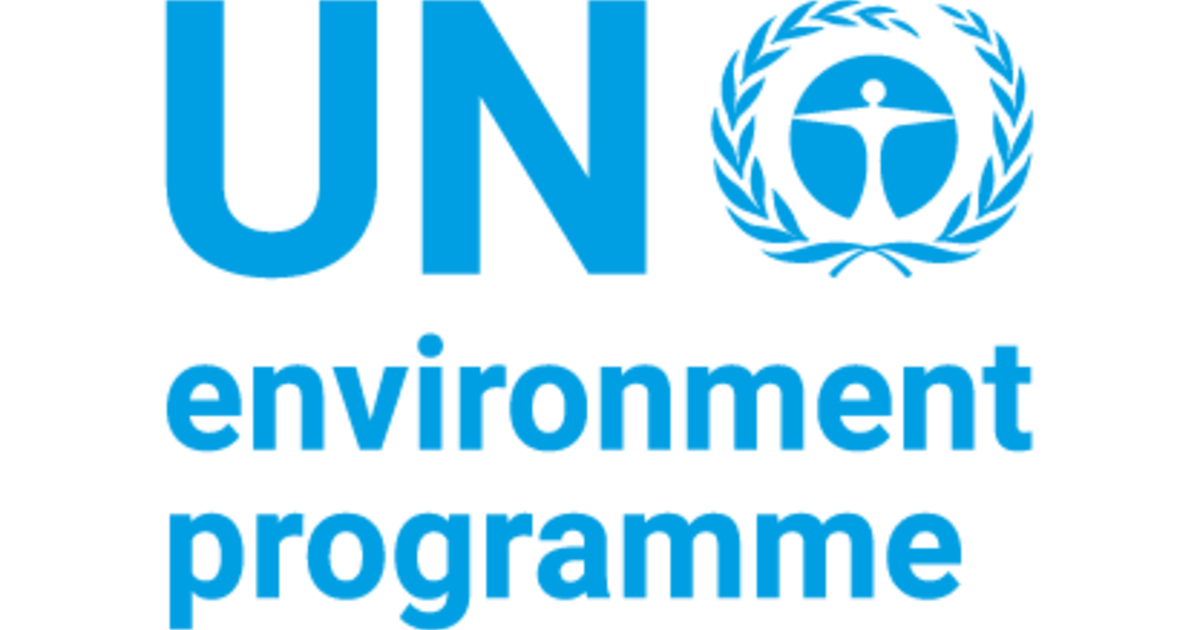
United Nations Environment Programme (UNEP)
The UN Environment Programme (UNEP) has been promoting the shift to Sustainable Consumption and Production (SCP) patterns for the past two decades. It is the custodian agency responsible for 8 out of 12 indicators under SDG 12.
UNEP guides policy development for SCP through its global frameworks, networks, programmes and partnerships, through knowledge-sharing and facilitating access to science, policy guidance, technical tools and best practices.
UNEP contributes to SDG 12.2, “achieve the sustainable management and efficient use of natural resources”, by strengthening and communicating the knowledge and scientific base for resource efficiency and SCP. This includes scientific information on natural resource use and “decoupling opportunities” as a basis for evidence-based policymaking.
Additionally, UNEP works on strengthening the sound management of chemicals and waste by supporting parties to the multilateral environmental agreements to meet their respective obligations. This work supports SDG 12.4 ‘achieve the environmentally sound management of chemicals and all wastes in order to minimize their adverse impacts on human health and the environment.’ UNEP also hosts the secretariats for several waste and chemicals-related multilateral environmental agreements and implements initiatives targeting various types of waste, including food waste and hazardous waste and chemicals.
As part of its actions towards SDG 12.6, “Encourage companies to adopt sustainable practices and to integrate sustainability information into their reporting cycle.”, UNEP collaborates with the private sector in partnerships promoting innovation, technological solutions and financing to tackle our most pressing global environmental challenges. UNEP fosters partnerships with business and industry to promote green investments and apply sustainable business practices across value chains. It also promotes and builds capacity in corporate sustainability reporting.
UNEP Science Division
-
SDG Unit
-
United Nations Environment Programme (UNEP)
-
unep-science-sdgs@un.org
10YFP Secretariat (UNEP)
Adopted in 2012 at the World Summit on Sustainable Development, the 10-Year Framework of Programmes on Sustainable Consumption and Production (10YFP) is a global commitment to accelerate the shift towards sustainable consumption and production in both developed and developing countries. Sustainable Consumption and Production (SCP) has been included as a stand-alone goal (SDG 12) of the 2030 Sustainable Development agenda, and SDG 12.1 calls for the implementation of the 10YFP at national level. The One Planet network was formed to implement the commitment of the 10YFP.
It has been mandated by the international community to be the multi-stakeholder implementing mechanism for SDG 12, drawing stakeholders together around a common approach and a shared set of objectives. It is an open partnership, and countries including all relevant stakeholders and organisations are invited to join and actively engage.
The One Planet network generates collective impact through its six programmes: Public Procurement, Buildings and Construction, Tourism, Food Systems, Consumer Information, and Lifestyles and Education. The sectoral and thematic programmes of the One Planet network are a constellation of organisations from sectors and regions around the world.
Responsible for:
Sofie Terp Clausen
-
Monitoring and Reporting Analyst
-
10YFP Secretariat (UNEP)
-
sofie.clausen@un.org
